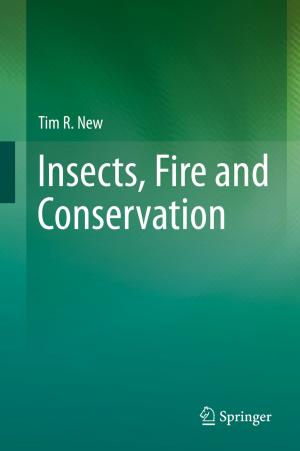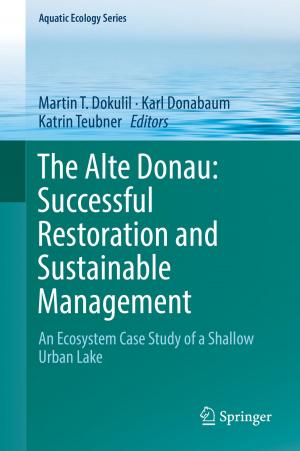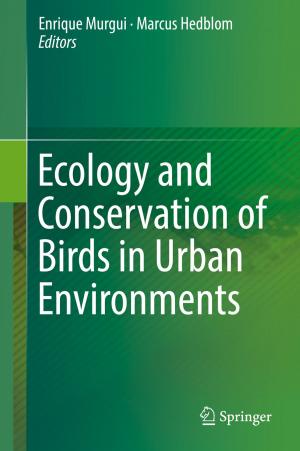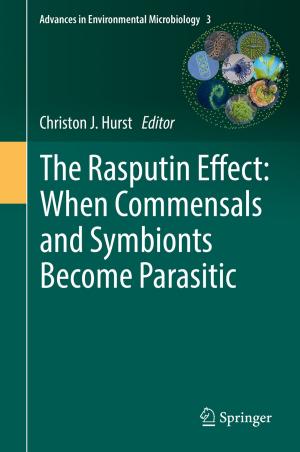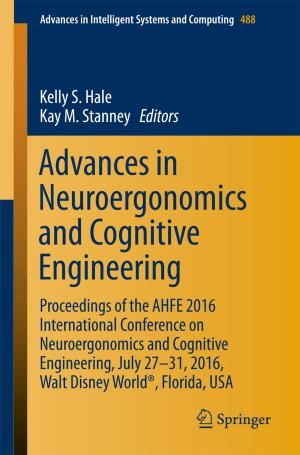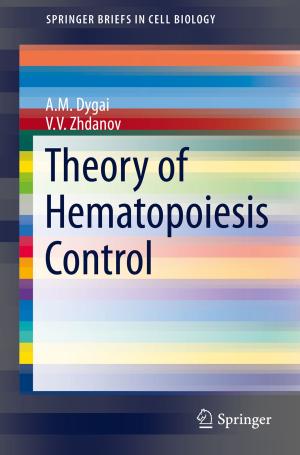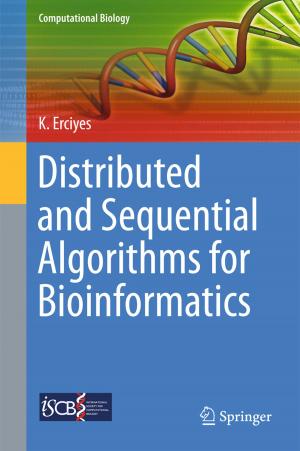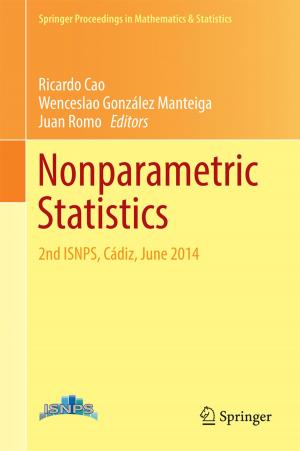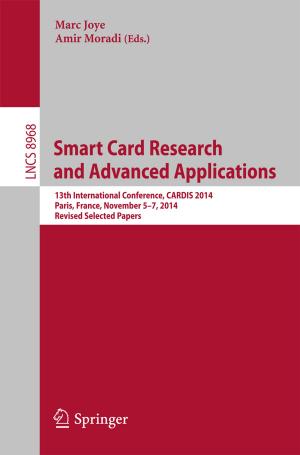The Siamese-Twin Porphyrin and Its Copper and Nickel Complexes: A Non-Innocent Twist
Nonfiction, Science & Nature, Science, Chemistry, Inorganic, Organic| Author: | Lina K. Blusch | ISBN: | 9783319016740 |
| Publisher: | Springer International Publishing | Publication: | October 16, 2013 |
| Imprint: | Springer | Language: | English |
| Author: | Lina K. Blusch |
| ISBN: | 9783319016740 |
| Publisher: | Springer International Publishing |
| Publication: | October 16, 2013 |
| Imprint: | Springer |
| Language: | English |
This thesis describes the first and long-sought successful synthesis of a new pyrazole-expanded porphyrin, a higher analog of porphyrin. This "Siamese-Twin Porphyrin" provides two conjoined porphyrin-like coordination spheres, thus being able to accommodate two metal ions within the same ligand. In her thesis, Lina Blusch not only explains the challenging synthesis and characterization of the ligand system, but also its application to the synthesis of homo- and hetero-bimetallic Ni and Cu complexes. She observes interesting metal-metal-interactions in the complexes, that lead to a non-innocent multistep redox chemistry. The ligand system and its complexes show an intriguing twisted geometry, giving rise to helical chirality and other fascinating properties. This study explores the first steps and opens up a new chemistry of expanded porphyrins with the potential to biomimetic applications.
This thesis describes the first and long-sought successful synthesis of a new pyrazole-expanded porphyrin, a higher analog of porphyrin. This "Siamese-Twin Porphyrin" provides two conjoined porphyrin-like coordination spheres, thus being able to accommodate two metal ions within the same ligand. In her thesis, Lina Blusch not only explains the challenging synthesis and characterization of the ligand system, but also its application to the synthesis of homo- and hetero-bimetallic Ni and Cu complexes. She observes interesting metal-metal-interactions in the complexes, that lead to a non-innocent multistep redox chemistry. The ligand system and its complexes show an intriguing twisted geometry, giving rise to helical chirality and other fascinating properties. This study explores the first steps and opens up a new chemistry of expanded porphyrins with the potential to biomimetic applications.

